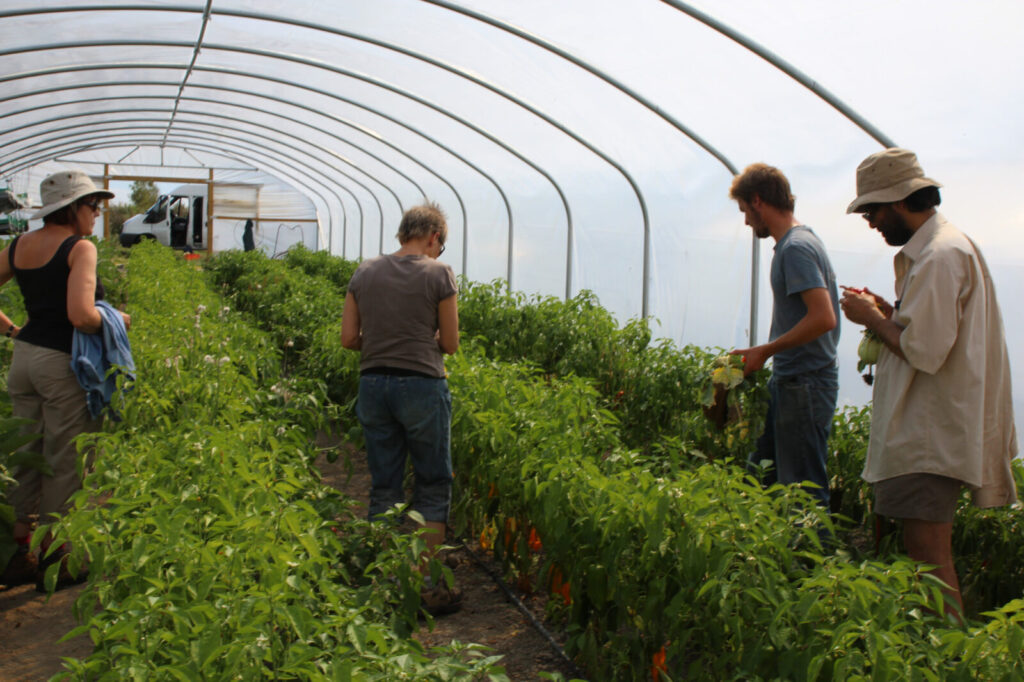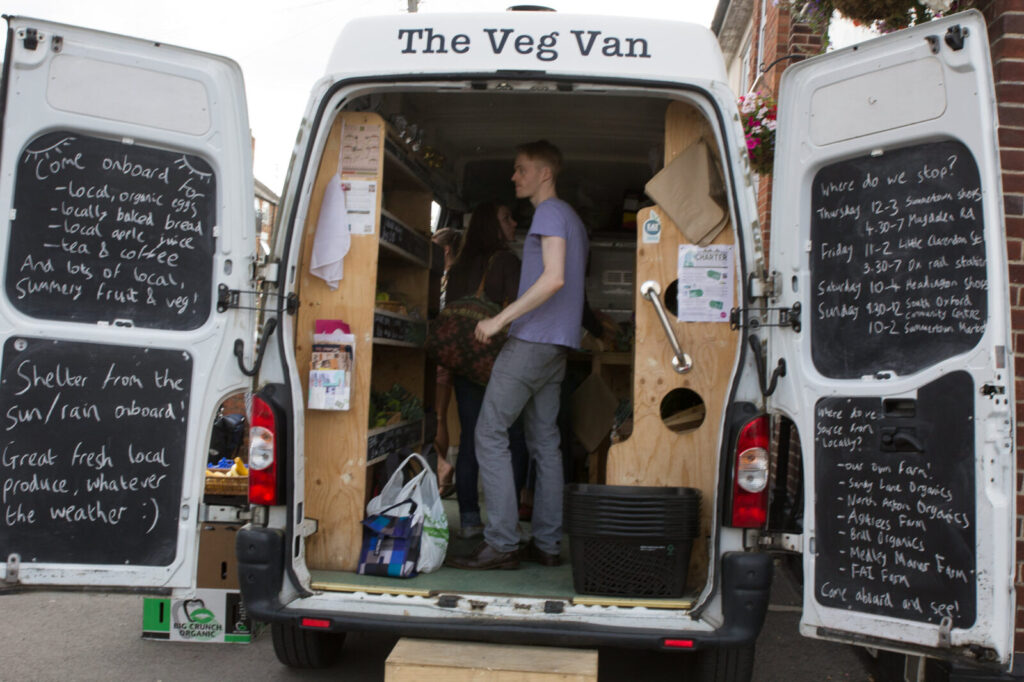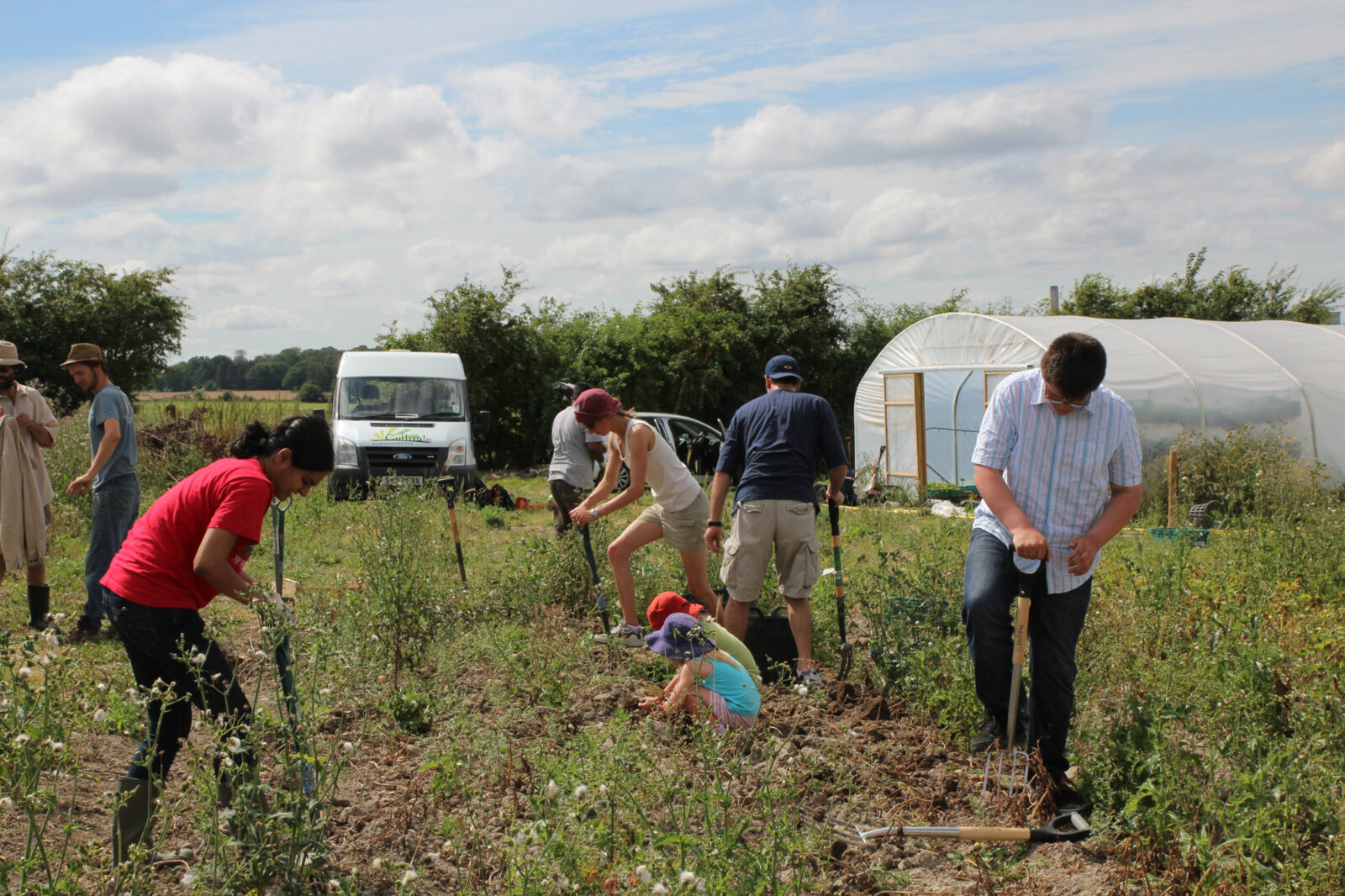It is eleven years to to the day since I was issued with my share certificate for 1,000 ordinary shares in a newly formed co-operative ‘Cultivate’, promoting sustainable farming practices and the production and consumption of locally grown food. Their strap line ‘people-powered food’. What not to like! The prospectus was soooo enticing, a group of people who have come together ‘because we believe in creating positive change to tackle some of the problems facing us both locally and globally including climate change, food security and the loss of culture and skills associated with food production’. And no shortage of ambition to back it up: ‘In the long term we want Cultivate to become a local food hub working with many other small growers as part of the movement direct supply of sustainable healthy local food in Oxfordshire from less than 1% to 10% or more.’ And no shortage of celebrity backers either. Here is Campaign for Real Farming guru Colin Tudge: ‘Britain needs a million new farmers, while three million people are out of work. Could anything be more useful right now, socially and economically than enlightened agricultural projects such as Cultivate?’ The promise was both ambitious and realistic ‘..market research shows…. that there is significant demand for fresh, local food’ ,’..we aim to create new outlets by building up our community support at each of our VegVan sites..’, ‘Restaurant and catering sales will provide a diversified income stream and complement the logistics of the direct retail operation.’ And all that was needed was £55,000 ‘..to get Cultivate running.’

To kick it all off the Cultvate team took on a ten acre patch of farmland on the Earth Trust estate not far from Didcot. Members and there were a few, were encouraged to support the core team by volunteering at the site. Lord Muck mucked in. But visits soon revealed some of the pitfalls in the vision. A large area was devoted to potatoes – hardly a high value crop, and we were encouraged to come and help harvest. But there was a problem. The variety planted Cara? Arran Pilot? were highly susceptible to eelworm. It soon became apparent that at least 95% of the crop was irreparably damaged and completely unsaleable, and sorting out the final 5% wasn’t worth the trouble. If we found a decent spud we could put it in a bag and take it home with us, gratis. Thin pickings. Complete crop failure. This could have been bad luck – farmers the world over have crop failures, or it could have been a mis-reading of the soil type and previous crops. Another potato variety might have thrived. I didn’t know. But more pertinently, nor did the Cultivate team. The first experience of vision coming up against reality. Local production in the hands of people who had never farmed before proved to be more challenging than the business plan/prospectus had anticipated. Many other crops, particularly grown in the poly tunnels did well, customers appreciated them, but could they be produced more cheaply than they could be bought in from local suppliers with decades of experience, and scale to match? Basically, no.

On the other hand the VegVan concept looked like a really interesting innovation. Founder member Joe Hasell, a gardener at Worcester College explained it in an interview in the Oxford Times business magazine: ‘We will establish pop-up markets wherever people want one, outside business premises or schools for instance.’ The food sold would come from their smallholding or be bought in from other local suppliers. Member investors who were issued with a membership card could claim 10% off food purchased from the VegVan and the various locations and times were widely advertised. But a significant problem quickly emerged with this too. As time passed reliability at its various stops slipped because the co-op couldn’t afford to keep two vans on the road, one collecting the produce from producers and one selling to the public. The collection van had to go, and the sales van had to do double shifts, and was getting older. When it broke down there was no replacement available to cover. So what was its USP apart from selling local fruit and veg from the back of a van? If you wanted sustainable produce, big companies like Riverford or Abel & Cole were happy to oblige and deliver to the doorstep, and if the local dimension and the associated sociability was a premium, then the farmer’s market network could provide.
That this was a problem soon became apparent at a pretty stormy AGM in 2013 ie barely a year into operation. North Aston Organics put in a heartfelt appeal that Cultivate quit acting as a competitor and coordinate with their existing box-scheme. Essentially what local suppliers were finding was that Cultivate was buying off them and re-selling to their own customers. But sales were good, or at least good enough with the support of volunteer members (around 400 or so investors in all) and the support of various charitable trusts. But as a business model it didn’t work. While staples like potatoes and carrots could be sold at ‘loss leader’ prices in the hope of attracting customers in and then get them to buy the more premium produce at prices to match, those prices put people off. Sales of profitable veg simply didn’t cover the operating costs. An attempt to enter the veg box scheme didn’t work out either, as the ‘big boys’ had already cornered most of the market and the infrastructure – vans and delivery drivers as well as a cooled distribution centre were expensive. By 2016 the VegVan (yes, just the one) was showing its age, and the co-op had withdrawn from the Earth Trust smallholding recognising that the lovely veg that could be grown there could also be grown more cheaply, by others locally.
The end didn’t come quickly. The 2018 AGM, the last one Lord Muck attended in person, wasn’t quorate, so the facilitated sessions on ‘brand’, ‘membership’, ‘Cultivate online’ etc had a forlorn sense about them. Like with so many other brilliant ideas, the pandemic rang down the final curtain. By late summer 2022 Cutivate had ceased trading, and officially ceased to exist at the end of April.
It is hard to draw lessons. But a few tentative thoughts are:
idealism won out over the nitty-gritty of getting the job done. Especially in the first few years there was huge emphasis on quite abstract goals to do with sustainable farming, food security and climate change; the niche of a VegVan was too small to be viable, and as a result Cultivate ended up competing with some of its suppliers and potentially undercutting farmer’s markets; alternatives such as online retailing were tried before being properly thought through. Riverford, Abel & Cole and even very local but already well established outfits like ‘Veg in Clover’, already had the market covered; over reliance on charitable/grant giving trusts masked the underlying problems in the business model and dragged out the final reckoning; and finally, the impact of the cost of living crisis and all the associated responses to an increasingly difficult macro-economic context, perhaps exemplified in the rise of food banks over the past decade, meant that even the relatively affluent demographic that Cultivate appealed to couldn’t or wouldn’t buy enough produce at the prices they were selling it at. There was a touching, and telling, observation in Cultivate Chair Sarah Flood’s introduction to the 2016 Annual Report, where she characterised the loss that year as ‘We do still need to bump Cultivate over the line to turning a profit, but an extra bag of salad here or an extra bunch of carrots there, and we’re there..’ Was it all lost for nary a bunch of carrots?
